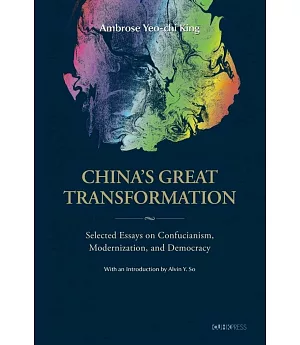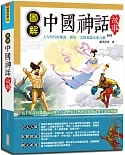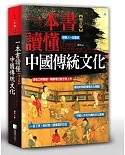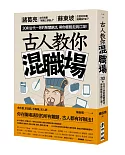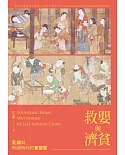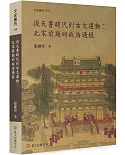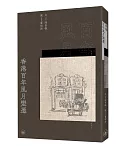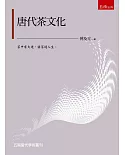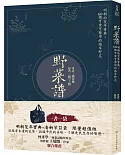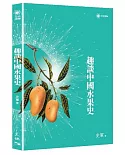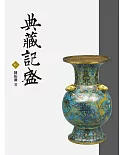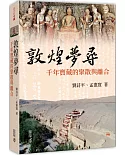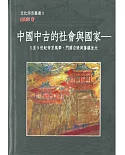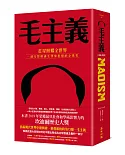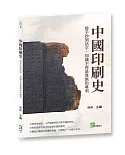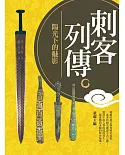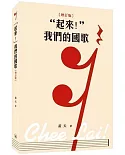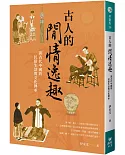Ambrose Yeo-chi King has been a pioneer since the mid-1960s theorizing China’s modernization process. China’s Great Transformation: Selected Essays on Confucianism, Modernization, and
Democracy is a collection of his papers published between 1975 and 1997. These two decades are turning points for China as we observed the following dramatic historical trends—the shift from
revolutionary Maoism to Four Modernizations in mainland China, the unexpected democratic transition in Taiwan, and the rise of four little dragons (Hong Kong, Taiwan, South Korea, and
Singapore) in East Asia. Focusing on the cultural dimension, King’s essays in this volume are aimed to understand, to interpret, or to explain all these new developments from a historical,
comparative framework.
King obviously is a culturalist and a scholar in the modernization camp, but he at the same time voices many sharp criticisms on the modernization theory and offers a fresh reinterpretation
of Confucian culture. He emphasizes the role of culture in societal transformation, but he never takes culture for granted, and examines it as a dynamic historical process always subject to
change and embedded in political economy and social institutions.

